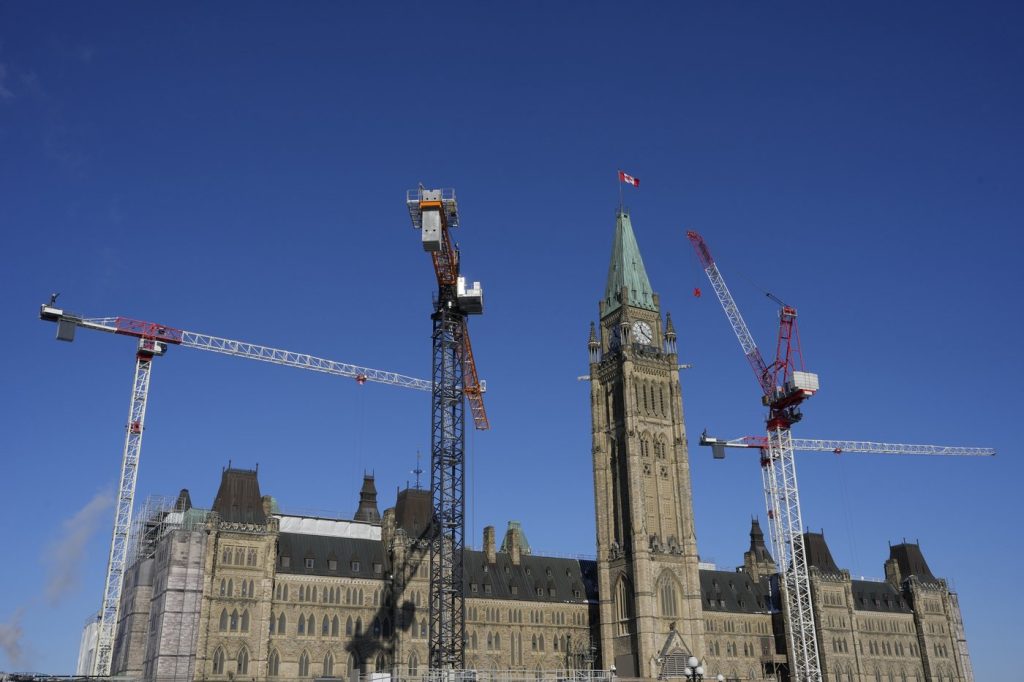OTTAWA — A significant legal challenge to Prime Minister Justin Trudeau's decision to prorogue Parliament has been dismissed by a federal judge. The case was initiated by two men from Nova Scotia, David MacKinnon of Amherst and Aris Lavranos of Halifax, who argued that the current suspension of Parliament lacked a "reasonable justification" and was therefore illegal. They sought an order to overturn Trudeau's decision made in January, which advised Governor General Mary Simon to prorogue Parliament until March 24, 2025.
The federal government's lawyers contended that Trudeau's advice to the Governor General is not subject to judicial review, emphasizing that the ultimate judgment on such matters lies with the electorate. In a ruling made public on March 6, 2025, Chief Justice Paul Crampton of the Federal Court stated that the applicants did not prove that Trudeau exceeded the constitutional limits set forth by either the written Constitution or other legal frameworks.
Trudeau's announcement on January 6 was particularly emotional, as he revealed his intention to resign as Prime Minister once a new leader of the Liberal Party is chosen. He also indicated that Governor General Simon had approved his request to prorogue Parliament, effectively halting all legislative activities in both the House of Commons and the Senate. This prorogation was intended to provide a reset for Parliament, which had been struggling to operate due to opposition pressures from the Conservative Party regarding financial documents related to a green technology fund.
MacKinnon and Lavranos argued that the timing of Trudeau's decision was particularly troubling given the pressing threat of heavy tariffs on Canadian goods from the United States. They maintained that proroguing Parliament effectively deprived it of its constitutional duties during this critical period. Amid their concerns, they requested that the court expedite the hearing of their application for judicial review, citing the urgency of the tariff situation.
In his ruling, Crampton expressed an understanding of the applicants' feelings regarding the situation surrounding Trudeau's prorogation request. He acknowledged a broader context where the executive branch has increasingly concentrated power, thereby diminishing the legislative branch's effectiveness. However, the Chief Justice reiterated that it was the responsibility of the applicants to show that the Prime Minister's decision was beyond his authority. Ultimately, he concluded that the applicants failed to meet this burden of proof.
Crampton's decision reflects a broader judicial philosophy emphasized by the Supreme Court of Canada regarding the necessity of courts to avoid "undue interference" with the functions of other branches of government. This ruling came after a thorough two-day hearing in which arguments from both sides were carefully considered.
The case underscores ongoing tensions within Canadian governance regarding the balance of power between the executive and legislative branches, a concern that has been increasingly prominent in recent political discourse. The dismissal of this legal challenge raises questions about the extent of judicial review in political matters and the limits of executive authority amid pressing national issues.










